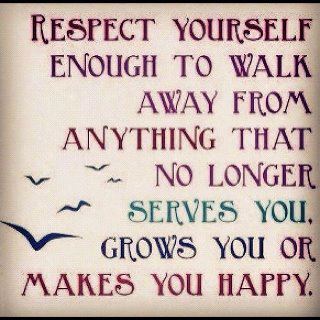In just about every college-level writing course I used to teach, I would discuss the importance of time management, goal-setting and priorities, particularly relevant to written assignments.
And I would start that discussion, before my students even knew my main topic, carefully and seriously addressing them with
“I’m a recovering… <long, intentional pause>… procrastinator.”
There were looks of relief, smiles, and shared understanding. We may as well have been at an AA meeting.
During my undergrad years, I developed the terrible habit of little sleep and putting off projects, especially writing papers, until the very last minute, so I truly could relate to many of my undergraduate students’ struggle with paper-writing procrastination. Classically, in my college days, I might even start a paper at 11 p.m. the day before it was due, staying up all night with the help of coffee or Diet Dew, usually after starting the paper and then changing the topic around 1 a.m. Goodness. It wasn’t until grad school that I really learned how to better manage my academic work—procrastination was not an option with simultaneously completing the graduate-level reading and writing, teaching writing classes, and working two other jobs, and then managing my father’s estate when he died my first graduate school semester.
Fast-forward to now, where I’m still working to stave off procrastination, not always so successfully. Hence, recovering. But I’ve learned some new lessons in my “recovery”: the importance of putting things we want to do on the calendar. For me, things like writing. Somehow, for some reason, we seem to take tasks and responsibilities more seriously when they are scheduled, right? We have appointments; most people have a work schedule. When we take our hobbies and things-we-really-want-to-do and give them just as much priority as other activities that make it on our calendars, we form new habits.
I get that many of us have heard this concept before; I know I have.
“You just need to do a little bit of what you love every day.”
“Treat your hobby like a job, so you’re making time for it regularly.”
“Create a habit by doing ____ every day for 30 days.” “… 40 days.”
“Put it on the calendar.”
And I’m not arguing with any of these concepts. Especially because I’m trying to shift certain things in my own life and rearrange some priorities. But when I heard some of these ideas again more recently from someone I deeply respect, something clicked. I’m reminded of the Native American traditional meaning for Coyote, the Trickster, who teaches us a lot about learning the lessons we keep missing and keeping a sense of humor about ourselves. Think of the Coyote and Roadrunner cartoons… how many times does Coyote get run over by the steamroller? We may laugh but think, “Really? Again? Don’t you ever learn?” I often wonder what God, the Universe, our deceased loved ones and so forth think of our repeated patterns that don’t seem to really serve us. What’s been running through my head a lot lately is that we can start a new life at any time, any day.
Typically, if we’re adding tasks to our already-busy schedules, we need to spend less time with other activities, people, technology. Chances are, some of those other elements are really serving us or bringing us as much joy as what we need and want to integrate. Pause on that for awhile, because as I’m writing these words, I’m experiencing a rather large kick in the pants and stirring within. My point is empowered by the following image I saw earlier tonight.
What will you newly add to your calendar this week, even for testing purposes? Why not? And what might happen if that thing becomes a regular on the ol’ calendar? Hmm, the shifting possibilities. Who’s with me?
Perhaps I really need to start with adding an earlier bedtime to my calendar. *grin*
© 2012 Erika M. Schreck. All rights reserved.


Well said and ……… Yep received. Now – where did I put my calendar? (laughing at & with myself!) LOL ULA
Well said…I feel your pain! : )